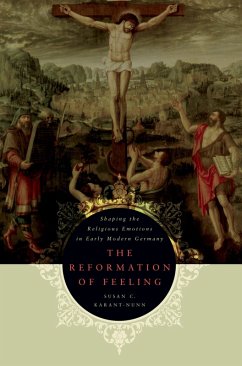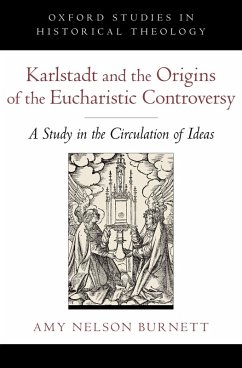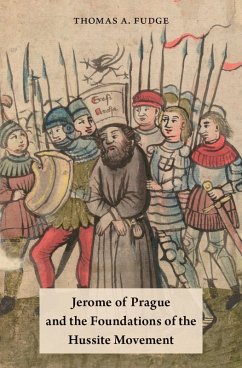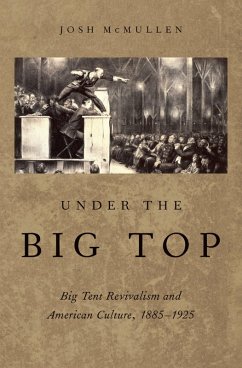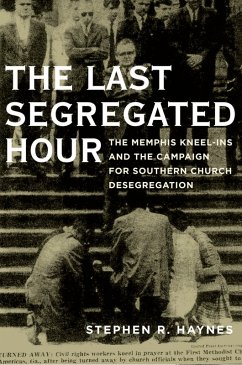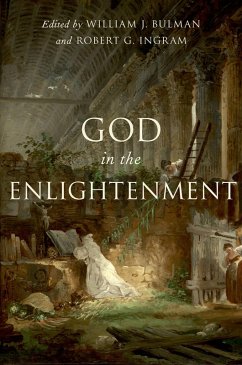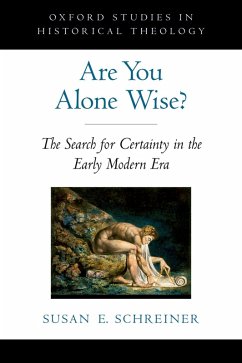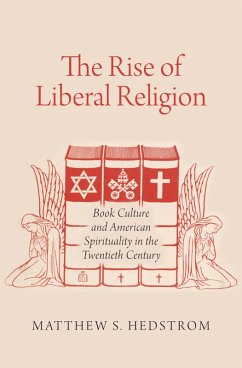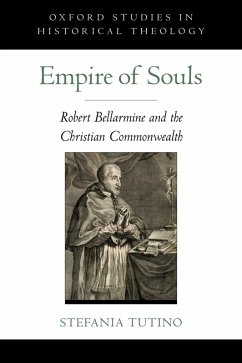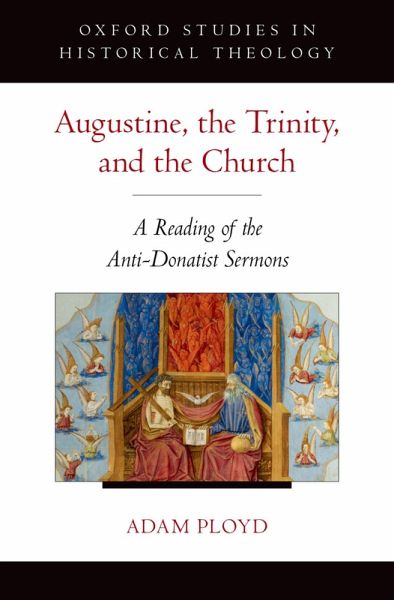
Augustine, the Trinity, and the Church (eBook, PDF)
A Reading of the Anti-Donatist Sermons
Versandkostenfrei!
Sofort per Download lieferbar
37,95 €
inkl. MwSt.
Weitere Ausgaben:

PAYBACK Punkte
19 °P sammeln!
The legacy of Augustine of Hippo (354-430) continues to shape Western Christian language about both the Trinity and the Church, yet scholars rarely treat these two topics as related in his work. In Augustine, the Trinity, and the Church, Adam Ployd argues that Augustine's ecclesiology drew upon his Trinitarian theology to a surprising degree; this connection appears most clearly in a series of sermons Augustine preached in 406-407 against the Donatists, the rival Christian communion in North Africa. As he preached, Augustine deployed scriptural interpretations derived from his Latin pro-Nicene...
The legacy of Augustine of Hippo (354-430) continues to shape Western Christian language about both the Trinity and the Church, yet scholars rarely treat these two topics as related in his work. In Augustine, the Trinity, and the Church, Adam Ployd argues that Augustine's ecclesiology drew upon his Trinitarian theology to a surprising degree; this connection appears most clearly in a series of sermons Augustine preached in 406-407 against the Donatists, the rival Christian communion in North Africa. As he preached, Augustine deployed scriptural interpretations derived from his Latin pro-Nicene predecessors - but he adapted these Trinitarian arguments to construct a vision of the charitable unity of the Catholic Church against the Donatists. To condemn the Donatists for separating from the body of Christ, for example, Augustine appropriated a pro-Nicene Christology that viewed Christ's body as the means for ascent to his divinity. Augustine also further identified the love that unites Christians to each other and to Christ in his body as the Holy Spirit, who gives to us what he eternally is as the mutual love of Father and Son. On the central issue of baptism, Augustine made the sacrament a Trinitarian act as Christ gives the Spirit to his own body. The book ultimately shows that, for Augustine, the unity and integrity of the Church depended not upon the purity of the bishops or the guarded boundaries of the community, but upon the work of the triune God who unites us to Christ through the love of the Spirit, whom Christ himself gives in baptism.
Dieser Download kann aus rechtlichen Gründen nur mit Rechnungsadresse in A, B, BG, CY, CZ, D, DK, EW, E, FIN, F, GR, HR, H, IRL, I, LT, L, LR, M, NL, PL, P, R, S, SLO, SK ausgeliefert werden.




